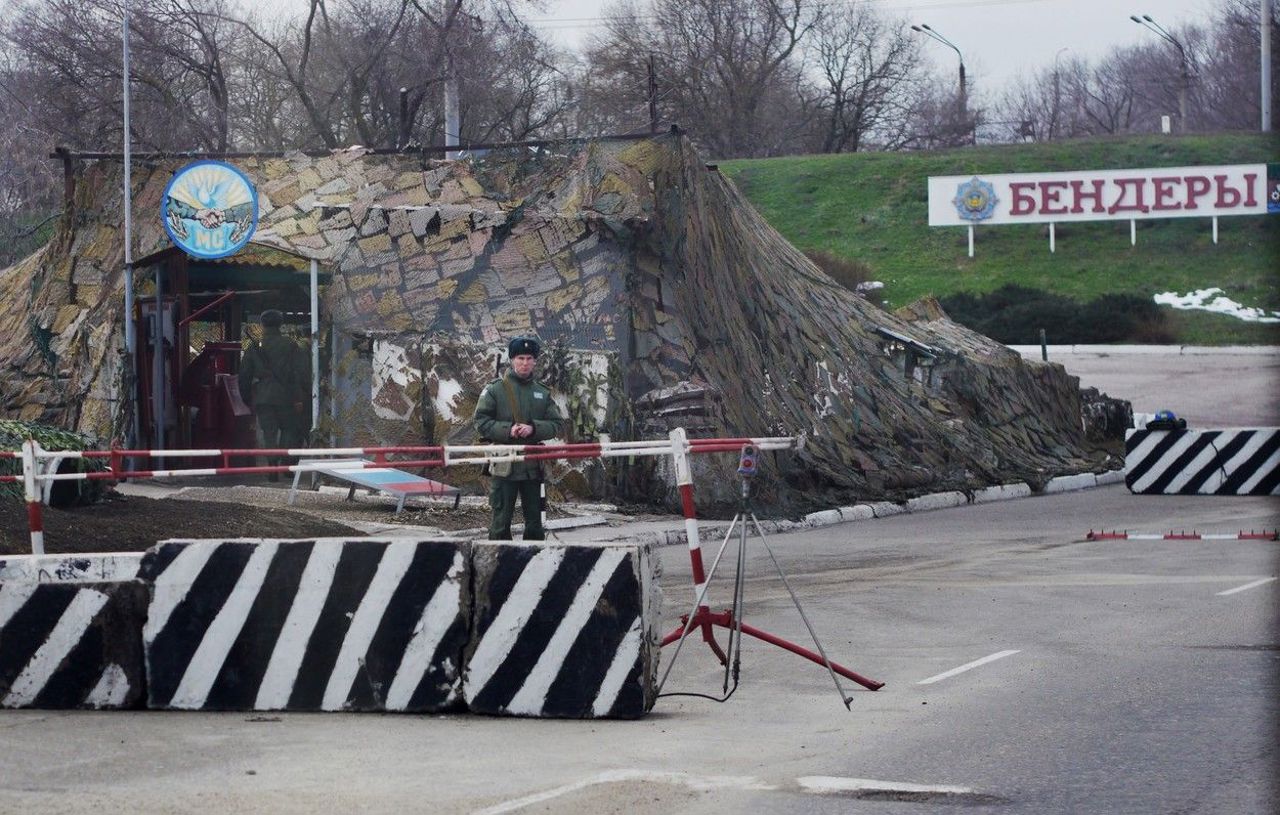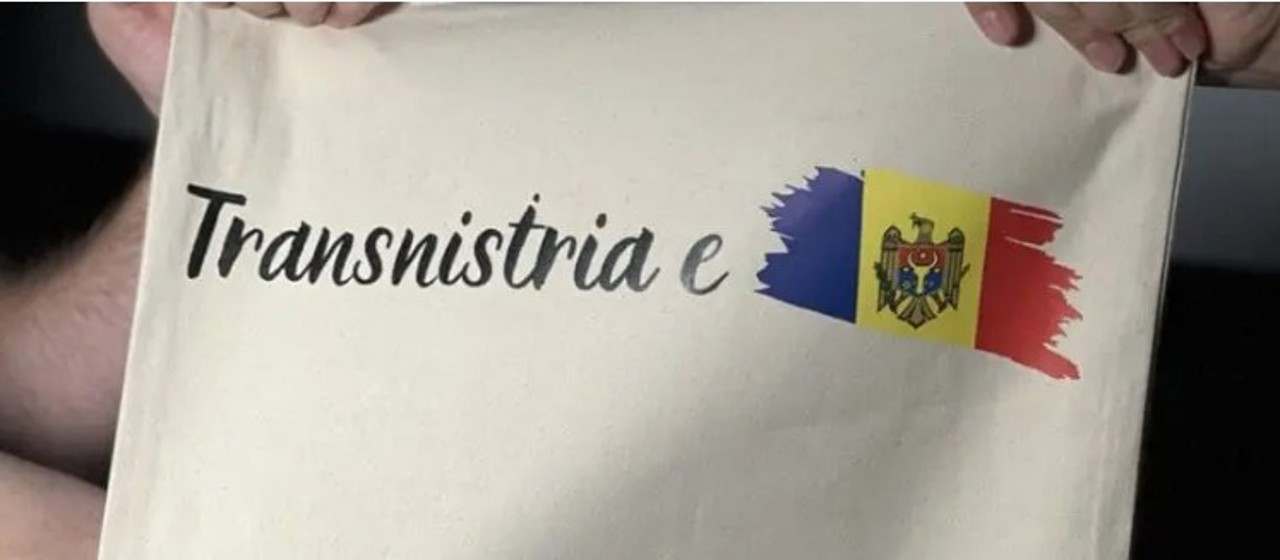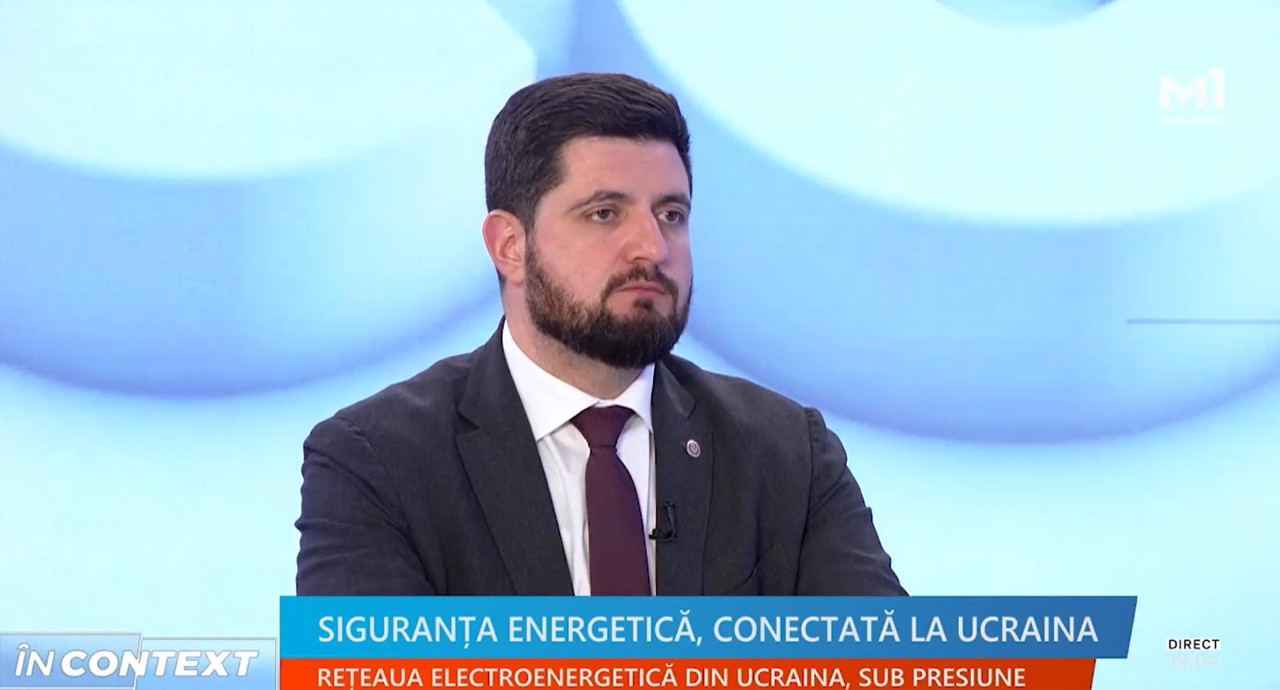Moldova offers alternatives to address energy crisis in Transnistria
During a technical working meeting held in Tighina, at the OSCE Mission premises, Chișinău proposed viable options to address the ongoing energy crisis.

These included agreeing on and implementing alternative mechanisms for supplying natural gas to the Transnistrian region of the Republic of Moldova, through competent national authorities and in compliance with the current legal framework, according to the Reintegration Policy Bureau.
"Regrettably, Tiraspol has taken an unconstructive approach, offering inaccurate interpretations and showing an inability to resolve pressing issues in the best interest of the residents on both sides of the Dniester," states the Reintegration Policy Bureau's press release.
It should be noted that today, a meeting of political representatives in the Transnistrian settlement negotiation process was scheduled to take place in Chișinău. The meeting was expected to focus on the formula for granting humanitarian aid to the residents of the Transnistrian region, as well as establishing cooperation mechanisms to overcome the energy and social crisis.
According to the Reintegration Policy Bureau, Chișinău sought a response from Tiraspol regarding the delivery of coal from Ukraine to ensure the operation of the Moldovan Thermal Power Plant. Additionally, proposals were made to identify the critical needs of hospitals, schools, and social centers to ensure their optimal operation.
Another topic addressed facilitating ambulance access from the right bank of the Dniester, so that critically ill patients in the Transnistrian region could receive appropriate medical care. Chișinău also proposed the establishment of an ad-hoc group to manage the crisis, coordinate support measures effectively, and address the urgent needs of the population.
Given that Tiraspol invoked the insecurity of its representatives in Chișinău, Moldovan authorities suggested holding the meeting via videoconference. However, Tiraspol rejected this proposal.
The Russian energy company Gazprom halted natural gas deliveries to the Transnistrian region starting January 1, causing widespread disconnections of gas, hot water, and heating in most areas.
Experts suggest that the current energy and social crisis on the left bank of the Dniester was artificially created by the Russian Federation as part of a broader strategy to destabilize the Republic of Moldova before the parliamentary elections this year. This situation could be used to gain political leverage, with the opposition seizing the opportunity to present itself as the 'savior' to the electorate.
Translaiton by Iurie Tataru





